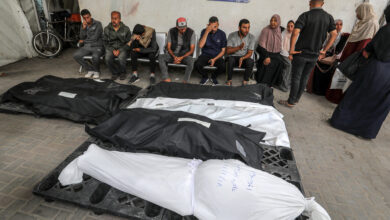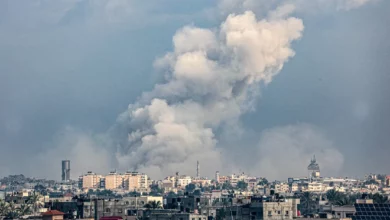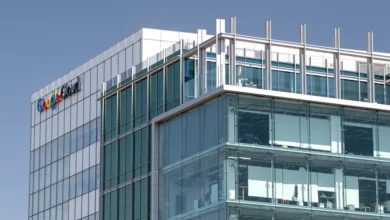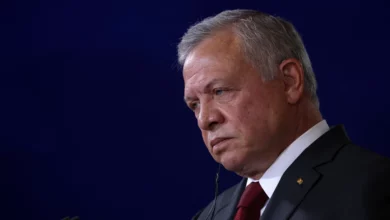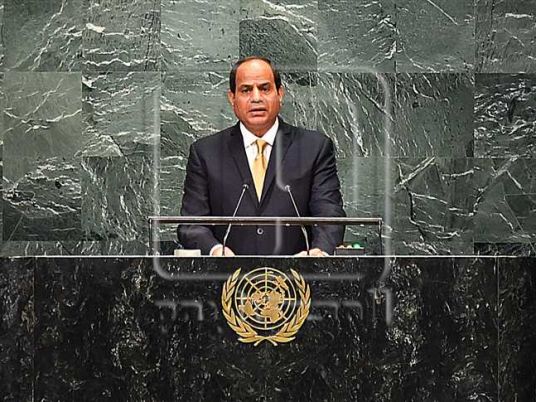
Egyptian President Abdel Fattah al-Sisi told the United Nations General Assembly on Tuesday that the Arab-Israeli conflict is at the heart of instability in the Middle East and countries must come together to solve the crisis.
He said that Egypt is seeking to end the Israeli occupation through negotiations, asserting that the "hand of peace" is still outstretched through the Arab Peace Initiative.
In his speech at the 71st UN General Assumbly in New York, Sisi addressed the Israeli people, saying, "We still have a real chance to achieve peace and write an enlightened page in history."
The Egyptian president pointed to Egypt's "wonderful" experience in achieving peace with Israel, calling it an example for the achievement of stability for both Palestinians and Israelis.
Egypt has managed to preserve its stability amid a very troubled regional arena thanks to its consistent institutions and the awareness of its people, who are asserting their desire to achieve stability and prevent the state and its institutions from sliding into chaos, said Sisi.
He added that Egypt's parliament has now assumed legislative powers and is monitoring the executive authority, adding that Egypt is moving ahead steadily with economic reforms, taking into account the social implications of those reforms.
During an interview with Charlie Rose on PBS, Sisi asserted that the Egyptian people wanted a change on January 25, 2011, while on June 30, 2013, they wanted to correct the path of the revolution.
He added that Egypt's new constitution does not allow the president to even stay an extra day after the end of his second term.
Sisi said that when the presidential elections are held in mid-2018, the president will either be elected to a second term or the people will elect a new one, which in itself is a big change in Egypt's political arena.
As for the issues of human rights and NGOs, Sisi said the media does not present the facts accurately and most reporting on such issues does not reflect the reality in Egypt.
Egyptian media are free to comment on such topics and they operate freely, he said, stressing that there is no dictator in Egypt.
He added that some 40,000 NGOs are operating in Egypt at present, providing valuable services to Egyptian society and contributing to the nation's development objectives.
For his part, the UN High Commissioner for Human Rights expressed extreme concern at the recent decision of a Cairo Criminal Court to freeze the assets of five prominent human rights activists – namely Hossam Bahgat, Gamal Eid, Bahey el-Din Hassan, Mostafa al-Hassan, and Abdel Hafez Taye.
The freezing of the activists' assets is in connection with allegations that they illegally received foreign funding for their operations in Egypt, with a view to undermining state institutions. The activists are charged in the ongoing "NGO foreign funding" case, which has involved doznes of NGOs since 2011.
Meanwhile, the US Department of State has decried the decision to freeze the assets of those charged in the case, demanding it to be reversed.

